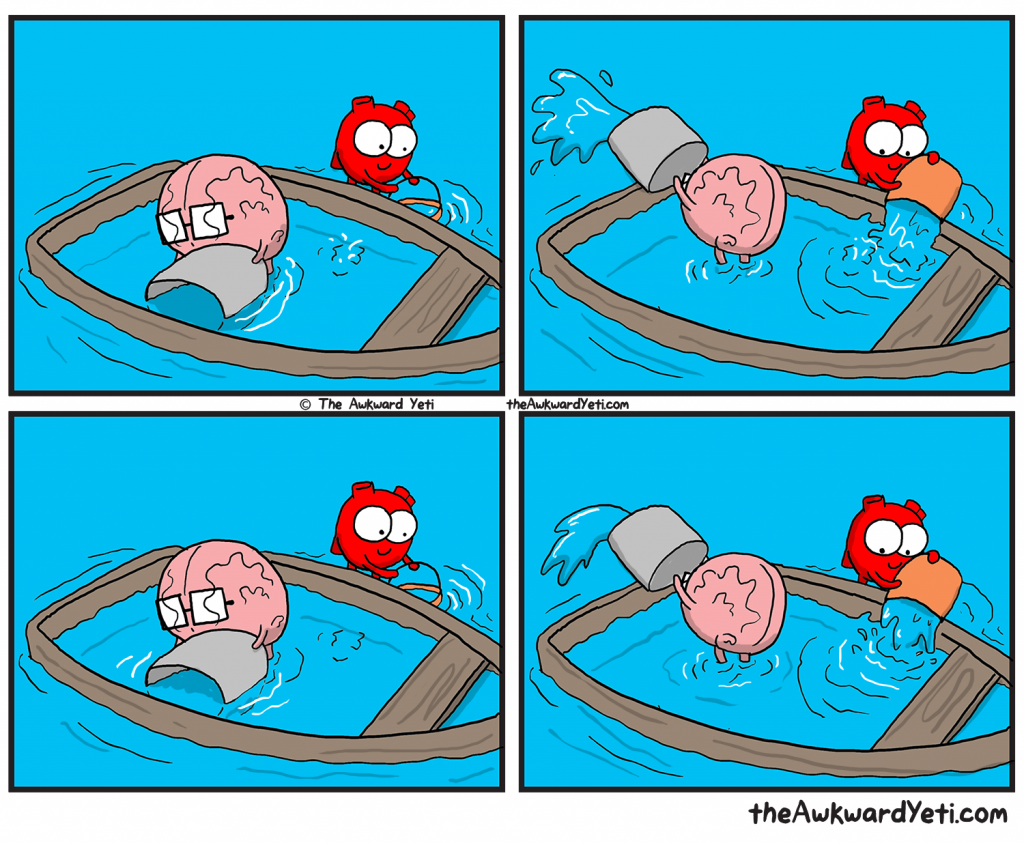Hi everyone!
As some of you may know I have just handed in my thesis! From the very first year of the PhD you start hearing stories about the dreaded Thesis writeup, and while it is hard, it isn’t the worst thing ever. Once you get your head in the game, it’s ok!
Sometimes its useful to get some hints and tips from people who have written up, so here are a few of mine.
1. Have a clear distinction between your ‘work’ and ‘living’ environment.
You might want to sit on your bed doing your work, but it can often have negative effects. Your brain is a funny thing, and likes to make associations between things. If you start ‘working’ in an area you normally associate with ‘relaxing’ then you may actually find it harder to relax in that area after you are done with work.
For me, I found it a lot easier to simply work in my work office, and relax at home. But, I know a lot of people feel more comfortable working from home. If you choose to do this, I highly recommend that you make distinct areas of work and relaxation even if your living area is just a bedroom with a desk. In this instance, the desk becomes your work area, and your bed your relaxation area. It really helps!
2. The time you have is the time you will take.
Here’s the thing. I know a lot of people who finished their lab work 4 months before the deadline, and I know others like myself who finished lab work 2 months before the deadline and we all finished our write-up at the same point! It’s a known fact, if you have 4 months to write, you will take 4 months to write, and if you have 8 weeks you will take 8 weeks!

Whether you have a longer or shorter time period to write-up, used deadlines to keep yourself on track. These can be self-imposed deadlines (put your deadlines in your calendar) or could be agreed upon deadlines with your supervisor. Having these time points to make really help your focus, and keep your timing on track.
3. Take breaks.
Yes! BREAKS!
You can not work all of the time. It’s simply not possible. Your brain may be screaming to you “why are you not writing?” but try to not listen! A break away from a chapter is helpful in so many ways your brain has the time to drift on to other things, not only does this help you chill out a bit, but it also helps when you go back to writing. After 2 days away from a chapter, that sentence you had been agonising over will suddenly come to you, the big error you somehow missed will jump out at you.
4. Keep work hours.
This doesn’t necessarily mean 9am-5pm, it means work for a reasonable amount of time, the same every day, in the hours that suit you.
For me, my work days were from 10am -6pm. I knew that before 10am my brain wouldn’t really be doing anything good, and after 6pm my brain would be giving up on me. Working within those ‘hours’ each day made me a lot more focused, and stay on task. Again its the you use the time available to do the work in.
After 6pm I stored my laptop at work and went home for a work free evening which everyone should try to have, it really helps your brain properly turn off.
These hours worked for me, but you may find you work better 6am-3pm, or 1am- 9am… whatever your hours, finds what works for you and try to restrict yourself to those hours.
5. If work isn’t happening that day, don’t try to force it.
Sometimes your brain just doesn’t want to work. It happens and yes it can be annoying, but….
In these instances I found the best thing to do was to listen to my brain, put aside the work, and do something else. Trying to get your brain to do hard work, even if you want to be doing it, will realistically not achieve anything.

6. Add the pictures then the words.
I found that writing came to me much easier when I firstly tackled all the figures. I would put all the figures, in order in a document and write the legends. And then in my word document I would write a few paragraphs detailing about what was going on in the related figures and before I knew it I had quite a lot written. This process of ordering all the figures first also made my brain understand the ‘flow’ of the chapter more as well, and understand how the different data would best link together.
7. If you find yourself re-writing and editing the same couple of sentences, stop and move on.
It’s easy to get into a loop with editing and rewriting that one sentence which just isn’t quite right. But, the more you edit, and worry over it the worse it normally ends up! Highlight the sentence you want to change in someway, and move on to the next section. Leaving it, and coming back will often really help.
8. Try and eat well
It’s very easy to slip into a bad diet in the write-up process, and start eating junk, or more takeaways. Somehow writing makes you super hungry! I tried to pre-prepare some meals and freeze ahead of time so that if I had an evening I was feeling really unmotivated to cook I could quickly defrost and heat up a healthy meal.
9. Have a ‘no thesis’ talk policy at home/ with friends!
I would tell friends they are not allowed to bring up the thesis if we were going out! Talking over it, mulling it over and always thinking about the thesis is just not good for you! You need to have complete breaks away from the thesis, and allow your brain to fully stop thinking about it.
10. Make your work space comfy
Seriously guys. You will be sat at your desk writing for several hours a day, you need a comfy space or you will get back ache/ neck ache/ sore eyes…!
If you are working on a laptop I highly recommend getting a laptop stand to raise the laptop up to ‘eye level’, and attach an external mouse and keyboard. This makes your writing position a lot better, and will really help you not get stiff whilst writing. If you have a desktop computer, make sure the screen, and chair are set up correctly so you aren’t straining any part of yourself. This is such a small change to make but really will help.
(tips for making a more ergonomic work station: https://www.cnet.com/how-to/how-to-set-up-an-ergonomic-workstation/)
Have you got any tips to share with others? Please comment 🙂
To everyone going through the write-up process its honestly not so bad. There will be good days, and there will be bad, but once you get going it’s not too bad really.

Its good advice. This reminds me of the Douglas Adams quote “I love deadlines. I like the whooshing sound they make as they fly by.”
LikeLike